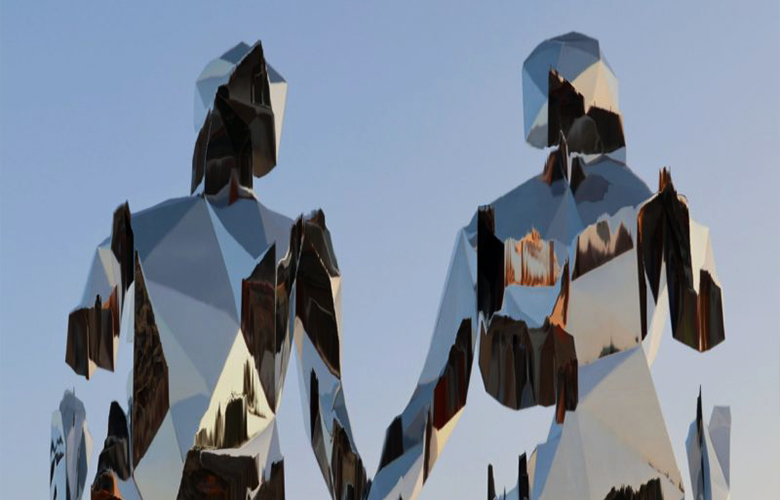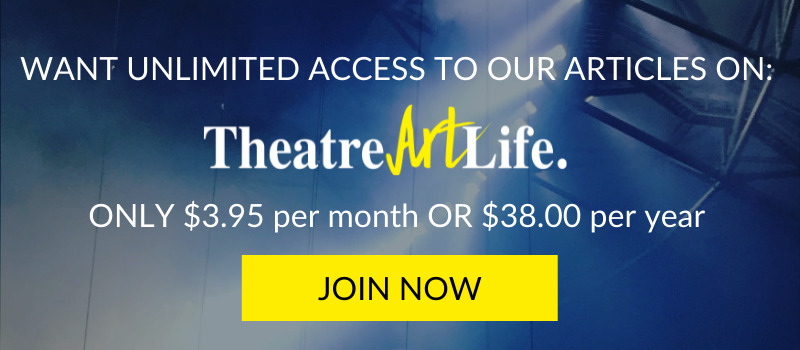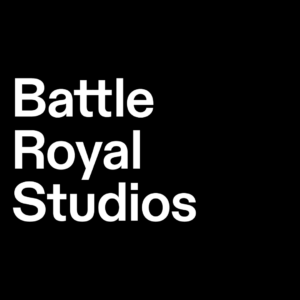
In our second instalment of the interview series digging into our collaboration with NFT music marketplace Twelve x Twelve, we chat to Jan Denecke, the platform’s co-founder, CEO, and a copyright and intellectual property law expert. Denecke untangles the legally groundbreaking potential of the NFT boom, for both creator and purchaser, in an era of famously complicated relationships between artist and output.
We ought to understand NFTs as ownership certificates related to specific assets. That asset can be a copyright. The certificate allows you to document and prove that you are the rightful owner of that right that had been transferred to you. That means suddenly you can indirectly own and trade rights in the digital world in transferring the ownership certificate, which is the token. Knowing this opens completely new ways for copyright owners to sell, trade and share their rights on digital platforms because if they decide to use these new “distribution” methods they will always be able to identify the rightful owner and have full insight into royalties that had been paid in regards to that right. The impact would be huge, because this would solve the biggest problem in the intellectual property world, which is theft.
The most promising features are its being the ownership certificate, and its being tradable without becoming fungible.

We should be aware of the fact that you basically can put anything into the “NFT-Box” — but you need to be sure that you have the right to do that. NFTs do not give carte blanche to create whatever you want. You need to be the rightful owner of the content in order to tokenize it. When that is not the case, we will risk having third parties infringing the rights hooked to NFTs already in circulation, which is the complete opposite of what NFT should stand for, in the copyright world.
Mainly by generating new streams of revenue, and branching into the secondary market via flipping fees. NFTs offer further transparency on licensing history.
The buyer can ensure that they can document their ownership, and can digitally trade it to liquidate their investment. Besides, the buyer is able to present and use the NFT in all different facets of the metaverse, and such.

From a legal perspective, it is clear: NFTs allow to prove the ownership without changing anything in the legal relationship. From a cultural standpoint, I would say it changes the perspective of ownership. Ownership now begins to compete with classic consumption. In layman’s terms, to give an example: Spotify is a place where we only consume music, without any claim to it. NFTs may become a new means to celebrate ownership, akin to the days of vinyl.
NFTs can give power back to the creators, and reward them for their output.
Working with the team and contributors together – especially the creatives — has been the most rewarding part.
If you are deploying an innovative platform there is a lot of education you have to carry out in order to convince the people that this is the next big thing. This is rather time and resource-consuming, and therefore challenging.
Yes 100%. Because of all of the above.
How can NFTs enhance the hybrid experience?
Creative Prototyping: Concepting Hybrid Events


We are a studio of bold creatives, strategists, and event professionals working between the domains of culture and commerce. Founded in 2011, we have staged some of the largest sport and cultural events throughout Europe and the Middle East. We've worked for several Fortune 500 firms, helping to tell their intricate stories including; BMW, Porsche, American Express, and McKinsey. Our mind-set is hybrid. We design interactive experiences tailored to diverse audiences. Technology and innovation have always been a defining part of our work and process. We believe that in-depth experiences can be created within the digital realm, and with the added benefit of significant reach. At BRS, we’re implementing digital strategies into everything we touch. Welcome to hybrid culture - Let’s collaborate!
Read Full Profile© 2021 TheatreArtLife. All rights reserved.

Thank you so much for reading, but you have now reached your free article limit for this month.
Our contributors are currently writing more articles for you to enjoy.
To keep reading, all you have to do is become a subscriber and then you can read unlimited articles anytime.
Your investment will help us continue to ignite connections across the globe in live entertainment and build this community for industry professionals.